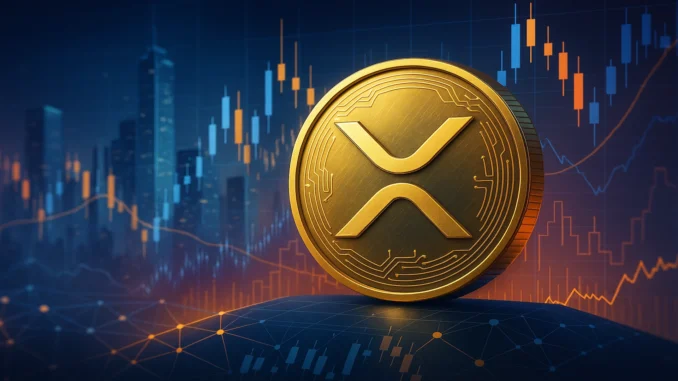
Hong Kong Moves to Align OTC Crypto Derivatives Market with EU Standards
Hong Kong Moves to Align OTC Crypto Derivatives Market with EU Standards
Hong Kong’s financial regulators are set to apply global reporting standards over OTC crypto derivatives, closely aligning them with those by the European Union.
HKMA and SFC Unveil Updates on Reporting Regime
On September 26, 2024, HKMA and the SFC published their plans to revamp the OTC derivatives reporting regime in the region by introducing DTIs and other identifiers, since those regimes are following standards adopted by ESMA.
This is set to take effect on September 29, 2025. The move seeks to further enhance the transparency and consistency of digital asset trading in Hong Kong.
Consultation Process: A Step Towards Compliance
The decision follows a lengthy consultation since March 2024, covering financial institutions, industry bodies, and other parties. Among the key messages coming across from the consultations, feedback once again relayed that there is an urgent need to meet international standards so that cross-border transactions will go through seamlessly to ensure compliance with regulations.
One of the main issues was that crypto OTC derivatives could not be classified under any one of the five traditional asset classes: interest rates, foreign exchange, credit, commodities, and equities. The members recommended relying on DTIs, already integrated into the reporting by ESMA in 2023.
Adoption of Global Standards for Better Transparency
In return, the HKMA and SFC reiterated their intentions to apply DTIs to crypto-asset underliers in the OTC derivatives market. They also pointed out that UPI, already applied in several jurisdictions, will play an important role in the new reporting regime.
Global alignment will make sure that proper classification and identification of digital assets traded on the markets of Hong Kong are facilitated-something that will improve transparency and ensure better compliance.
Improving Market Vigilance and Risk Management
HKMA and SFC will also start reporting UTIs, UPIs, and CDEs. In such a scenario, data aggregation and international harmonization would be highly achievable in OTC derivatives markets.
This development would come with the growing number of international calls for better transparency and compliance by crypto derivatives markets as more jurisdictions attempt to regulate digital assets.
The revamped regulatory framework would further improve the practices of data aggregation and reporting for OTC crypto derivatives, putting Hong Kong in a better position to meet the commitments of the G20 to reform the global OTC derivatives market.
Global Financial Reforms Alignment
The DTI and UPI adoptions will help authorities track the actual data concerning OTC derivatives trades for effective market surveillance to be undertaken and systemic risks reduced. This timeline provides ample time for the financial institutions to make changes and upgrade their technological infrastructure so that they can comply with the new reporting requirements.
The revamp also comes hot on the heels of the current work by Hong Kong to develop CBDCs. In September this year, HKMA launched the second phase of its e-HKD pilot to test new settlement methods for tokenized assets and offline payments.
With the inclusion of these international standards, Hong Kong is positioning itself to further its ambition of being a world-class center for regulated digital asset trading.


